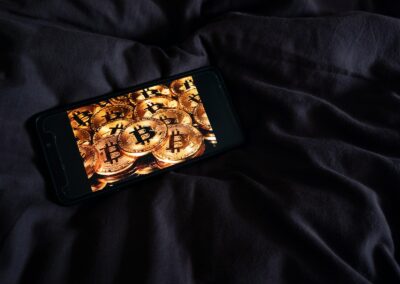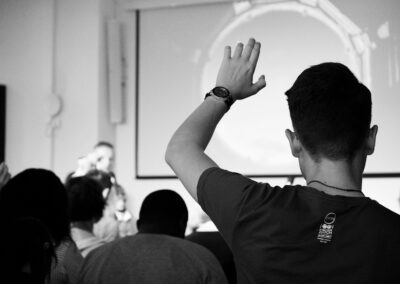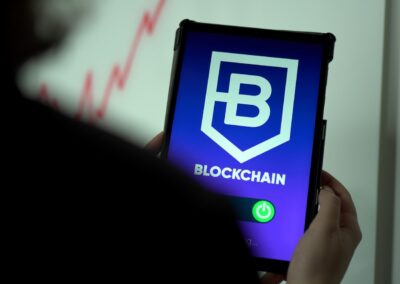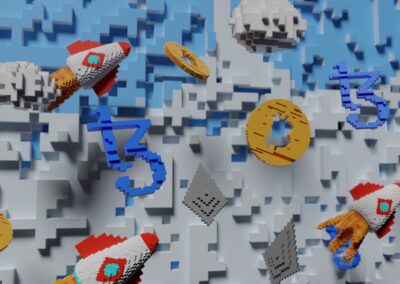How Brazil’s Ministry of Education Leverages Blockchain Technology
Blockchain in Education: Revolutionizing Academic Records
Blockchain in education is rapidly transforming the way academic records and credentials are managed. By leveraging the decentralized nature of blockchain technology, educational institutions can ensure the security, transparency, and immutability of academic records. This innovative approach is exemplified by Brazil’s Ministry of Education, which has implemented blockchain to safeguard its educational data. The adoption of blockchain technology in education offers a robust solution to longstanding issues such as record tampering and verification delays, thereby enhancing trust and efficiency in academic administration.
In Brazil, the Ministry of Education’s initiative to utilize blockchain technology marks a significant step towards modernizing the country’s educational system. By integrating blockchain, the Ministry can provide a secure and transparent platform for managing academic records. This ensures that all data is immutable and can be accessed only by authorized parties, thus reducing the risk of fraud and unauthorized alterations. Moreover, blockchain facilitates seamless verification of credentials, making it easier for employers and educational institutions to authenticate academic achievements quickly and reliably.
Transforming Credential Verification and Academic Transparency
The integration of blockchain technology in education not only enhances security but also significantly improves the transparency of academic records. Blockchain’s immutable ledger ensures that all changes to academic records are permanently recorded and easily traceable. This level of transparency is crucial for maintaining the credibility of educational qualifications and fostering trust among stakeholders. For instance, when a student’s academic credentials are stored on a blockchain, any attempts to alter or falsify the information can be immediately detected, thus preserving the authenticity of the records.
In the context of Brazil’s Ministry of Education, blockchain technology streamlines the process of credential verification. Traditionally, verifying academic credentials involves a cumbersome and time-consuming process, often requiring multiple layers of authentication. With blockchain, the verification process becomes more efficient, as all necessary information is readily available on a secure and transparent platform. This not only saves time but also reduces the administrative burden on educational institutions, allowing them to focus on delivering quality education.
Moreover, blockchain technology promotes academic transparency by providing a clear and tamper-proof record of students’ academic achievements. This transparency is beneficial not only for students and educational institutions but also for employers and other stakeholders who rely on accurate and verifiable information. By ensuring that academic records are trustworthy and easily accessible, blockchain technology enhances the overall integrity of the educational system.
Future Implications of Blockchain in Education
The successful implementation of blockchain technology by Brazil’s Ministry of Education sets a precedent for the future of educational administration. As more countries and institutions recognize the benefits of blockchain, we can expect to see widespread adoption of this technology in various aspects of education. From managing student records to issuing digital credentials, blockchain offers a scalable and secure solution that addresses many of the challenges faced by the traditional educational system. The move towards digital transformation in education, driven by technologies like blockchain, is essential for building a resilient and trustworthy academic infrastructure.
Looking ahead, the integration of blockchain in education could lead to the development of new and innovative applications that further enhance the learning experience. For example, blockchain-based platforms could facilitate seamless collaboration between educational institutions, enabling the sharing of resources and best practices. Additionally, students could have greater control over their own academic records, with the ability to share verified credentials directly with potential employers or other institutions. This shift towards a more decentralized and transparent educational ecosystem holds great promise for the future of learning and credentialing.
#Blockchain #Education #Brazil #AcademicRecords #DigitalCredentials #TechInEducation #BlockchainTechnology #DigitalTransformation #SecureEducation #TransparentEducation























